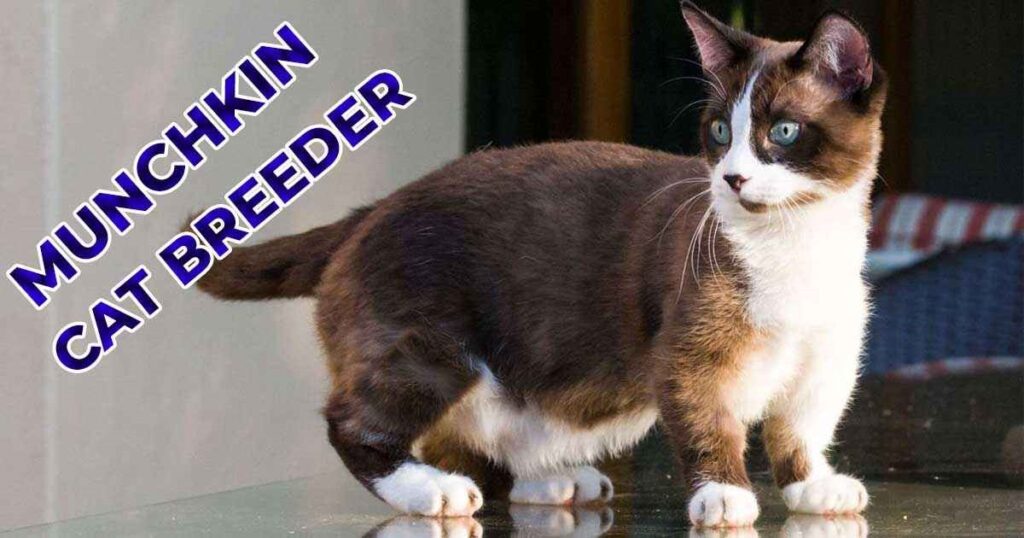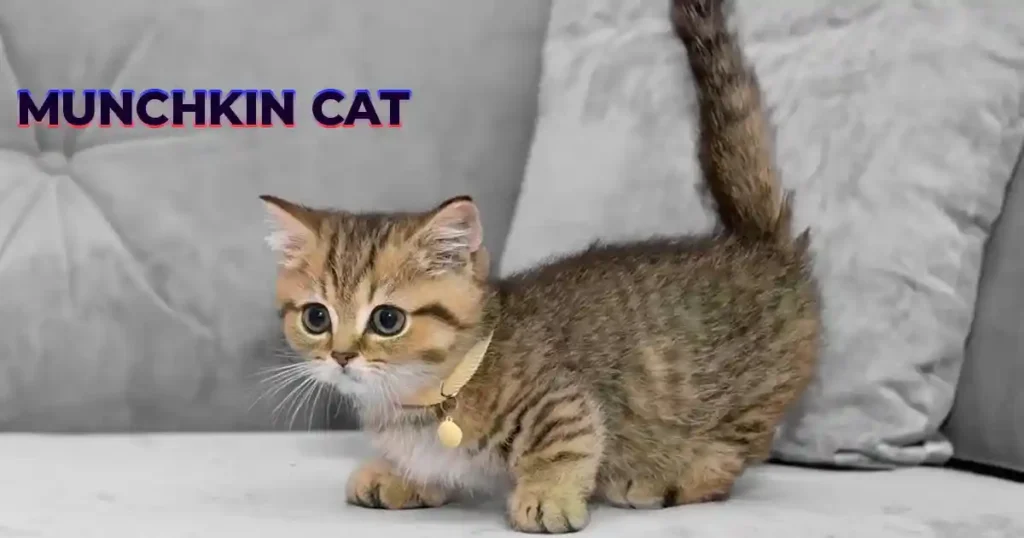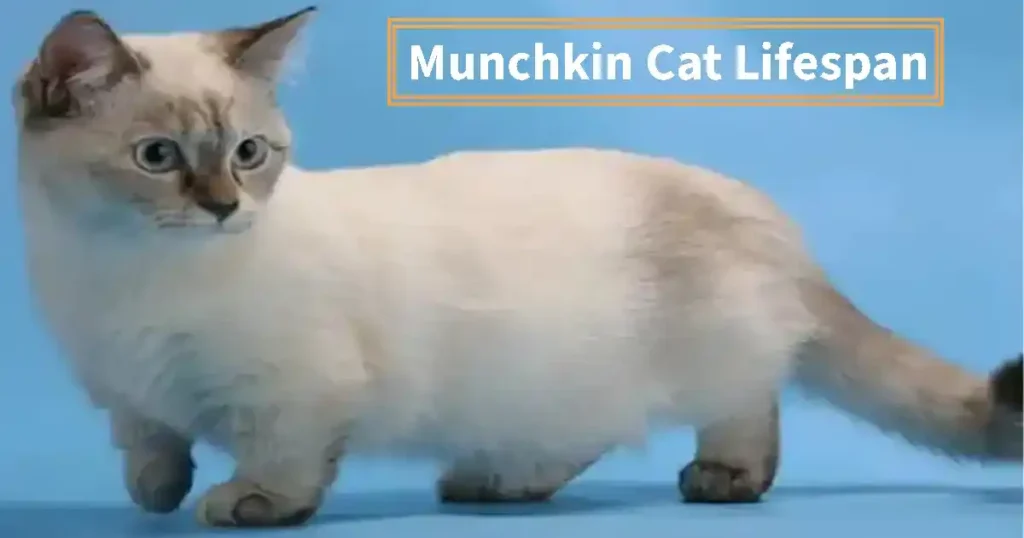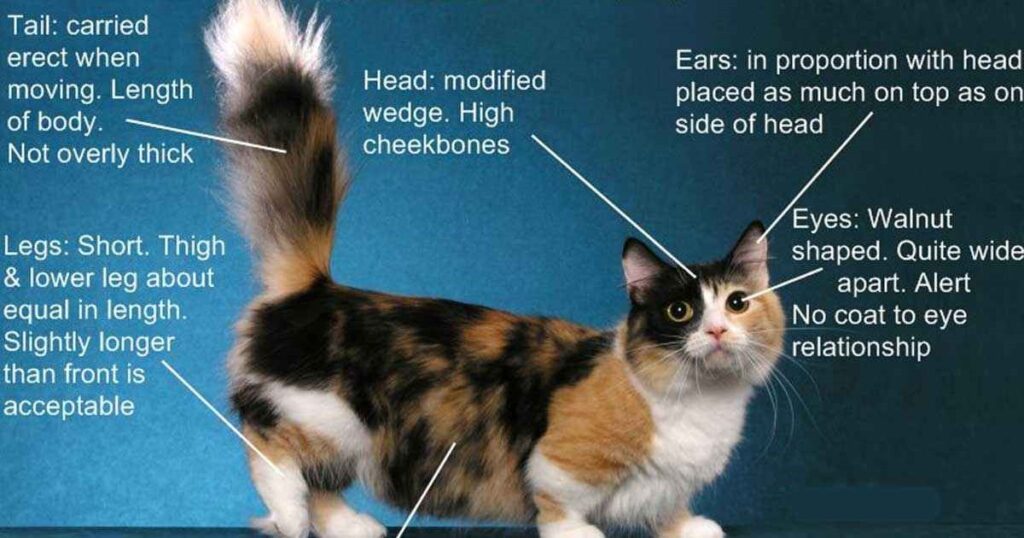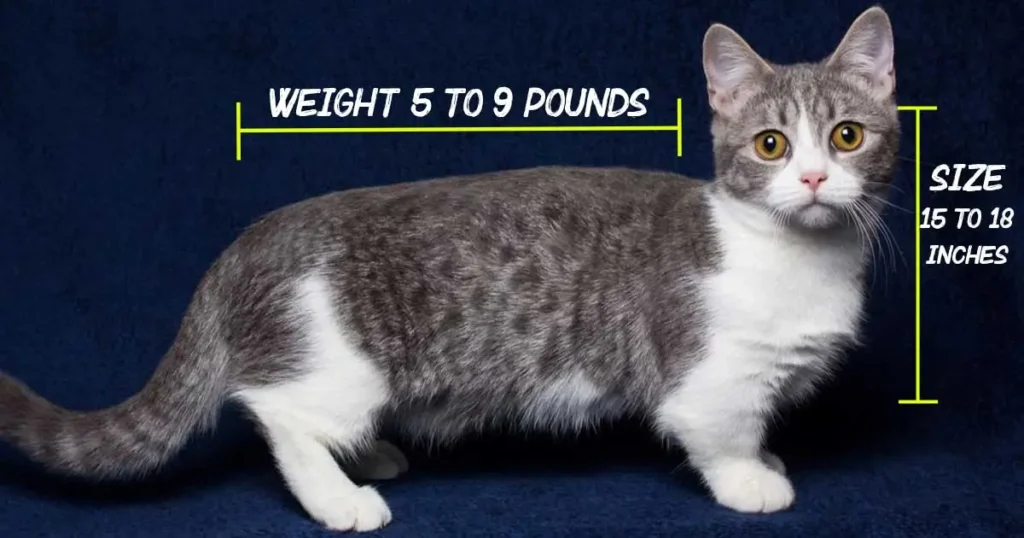Munchkin cat breeders play a vital role in connecting you with one of the most unique and lovable feline companions. With their short legs and playful personality Munchkin cats have won hearts worldwide. But choosing the right breeder is crucial to ensure your future kitten is healthy well-socialized, and ethically raised.
This article explores everything you need to know about Munchkin cat breeders from finding reputable sources across the U.S. and internationally to understanding adoption options costs health care and daily needs. Whether you’re a first-time cat owner or adding to your pet family we’ve got every detail covered.
You’ll also discover grooming tips, training guidance nutrition plans and the best products tailored to Munchkin cats. We dive into breed traits, ethical breeding practices common health concerns, and real-world advice for every life stage from kitten to senior.
-
Overview of Munchkin breed traits and lifestyle fit
-
Where and how to find ethical Munchkin cat breeders
-
Grooming and training needs by coat type and behavior
-
Proper nutrition plan and product recommendations
-
Health concerns, vet care, and genetic risks
-
Daily care routine and cost breakdown
-
Tips for adopting vs buying from breeders
-
Checklist and step-by-step daily care guide
-
Age-specific care tips (kitten, adult, senior)
Munchkin Cat Breeders: A Complete Guide for Pet Lovers
Munchkin cat breeders are the gateway to one of the most adorable and distinctive cat breeds in the world. Known for their short legs and playful charm Munchkin cats have a unique appearance and loving nature that makes them a favorite among pet lovers. But finding a responsible ethical breeder is essential to ensure your kitten is healthy well-socialized and raised in a safe, loving environment.
This complete guide helps you understand everything about Munchkin cat breeders from how to identify reputable breeders near you to the costs involved health guarantees, and the traits that make this breed special.
You’ll also learn how to avoid backyard breeders what questions to ask and how to verify health certifications and breeder ethics. Whether you’re in the U.S. Australia Canada or beyond we guide you step-by-step through the process.
Beyond just finding a breeder this article covers essential care topics like grooming nutrition behavior training, and age-specific needs. We break down the monthly costs recommend must-have products and provide helpful checklists and routines. Whether you’re adopting or buying, you’ll gain all the insights you need to raise a happy healthy Munchkin cat.
Key Takeaways:
- Learn how to identify reputable Munchkin breeders
- Discover what to expect in costs, care, and behavior
- Get expert tips on grooming, nutrition, and socialization
- Understand common health issues and ethical concerns
- Explore global breeder options from the U.S. to Australia
Breed Traits & Lifestyle Fit
Munchkin cats are small to medium-sized felines known for their short legs caused by a natural genetic mutation. Despite their size these cats are active curious and surprisingly agile.
They’re ideal for apartment dwellers families with kids or individuals who want a playful yet cuddly companion. However their unique anatomy means you’ll need to be mindful of furniture height and joint care.
Key Points:
- Short legs, long body, with high agility
- Adaptable to indoor living
- Friendly, affectionate, and curious
- Great with children and other pets
- Best suited to environments with minimal vertical hazards
Nutrition Plan for Munchkin Cats
Due to their lower body frame Munchkin cats benefit from a diet rich in lean proteins, healthy fats, and joint-supporting supplements.
Portion control is essential to prevent obesity which can strain their spine and joints. Choose food based on life stage kitten, adult, or senior and monitor weight closely.
Key Points:
- High-quality, grain-free protein sources
- Omega-3s for joint support
- Wet and dry food combination for hydration and dental care
- Avoid fillers and high-carb formulas
- Always provide fresh water
Grooming Requirements
Munchkins can have short or long coats each with unique grooming needs. While short-haired varieties are low maintenance, long-haired Munchkins need frequent brushing to avoid matting.
Regular nail trims, ear checks, and dental hygiene are also essential parts of the routine.
Key Points:
- Weekly brushing for short-haired, 2–3x/week for long-haired
- Use a slicker brush and grooming wipes
- Trim nails every 2–3 weeks
- Brush teeth 2–3 times weekly
- Clean ears with vet-approved solution
Training & Behavioral Tips
Munchkin cats are intelligent and respond well to positive reinforcement. Litter training is typically quick, and they enjoy clicker training and puzzle toys.
To discourage bad habits like scratching furniture, offer scratching posts and reward good behavior consistently.
Key Points:
- Use clicker training for quick learning
- Reinforce litter box habits early
- Provide climbing ramps instead of vertical trees
- Rotate interactive toys
- Avoid punishment; use redirection instead
Common Health Risks & Prevention
Although generally healthy Munchkins can face certain risks linked to their skeletal structure. Look for breeders who perform genetic testing and avoid overbreeding.
Routine vet visits joint supplements and mobility monitoring are crucial.
Key Points:
- Risk: Lordosis (spinal curvature), pectus excavatum
- Solution: Choose reputable breeders with health clearances
- Prevent obesity with diet and play
- Use ramps for easy access to beds and sofas
- Regular vet check-ups and vaccinations
Product Recommendations
Wondering which products are best for your Munchkin cat? Here are some essentials:
- Orthopedic pet bed
- Low-entry litter box
- Interactive feather toys
- Grain-free dry and wet food
- Joint-support treats
Monthly Cost Breakdown
Owning a Munchkin cat isn’t just a one-time expense. From food to vet bills here’s a sample monthly budget:
| Category | Average Monthly Cost |
|---|---|
| Food | $30–$50 |
| Litter | $15–$25 |
| Vet Care | $20–$40 (averaged) |
| Grooming | $10–$20 |
| Toys/Supplies | $10–$30 |
| Total | $85–$165 |
Adoption or Ethical Breeding Advice
Before buying from a breeder consider adoption. Munchkins occasionally appear in shelters or breed-specific rescues. If you choose to buy ensure the breeder is registered with TICA or CFA.
Ask for health records, visit the cattery, and ensure ethical practices like limited litters and socialization.
Key Points:
- Adoption is a compassionate choice
- Ethical breeders provide full transparency
- Avoid breeders selling online without documentation
- Ask for health guarantees and return policies
- Read reviews or get referrals from vets
Care Tips by Age Group
Kitten: Needs high-calorie food, playtime, and early vet care. Begin socialization and training young.
Adult: Maintain a balanced diet, monitor joint health, and engage in interactive play.
Senior: Consider low-jump furniture, vet check-ups every 6 months, and supplements for joints.
Daily Routine for a Healthy Munchkin Cat
A healthy Munchkin cat thrives on a consistent, balanced daily routine that includes proper nutrition, interactive play, grooming, and affection. Start the day with a high-quality protein-rich meal and fresh water. Follow up with 15–20 minutes of play using toys that stimulate their hunting instincts. Midday offer a quiet nap area where they can rest undisturbed.
Groom your cat based on coat length short-haired Munchkins need brushing once a week while long-haired ones benefit from daily brushing. In the evening, engage them with gentle play again and serve their second meal. Finish with cuddles or lap time to strengthen your bond. Regular routines promote a happy, healthy, and well-adjusted Munchkin cat.
Morning: Feed breakfast clean litter and check water. Quick play session.
Afternoon: Nap time, followed by solo play with toys or a scratching post.
Evening: Dinner, grooming, and bonding play. Final litter box check.
Step-by-Step:
- Set feeding times
- Clean litter box twice daily
- Groom every 1–3 days
- Play 15–30 minutes per session
- Observe for signs of discomfort or changes
FAQs
1. How much does a Munchkin cat cost? Munchkin cats typically cost $800 to $2,000 depending on pedigree, coat type, and breeder reputation.
2. What are the risks of owning a Munchkin cat? Potential spinal and joint issues due to their short legs. Choose ethical breeders and ensure regular vet care.
3. Can Munchkin cats live with dogs? Yes, they are generally sociable and adapt well to households with dogs when properly introduced.
4. How do I find Munchkin cat breeders near me? Check TICA/CFA directories, local vet offices, and rescue organizations. Always verify breeder legitimacy.
5. What’s the best food for Munchkin cats? A high-protein, grain-free diet tailored to their age and weight. Look for food with joint support nutrients.
Conclusion
Choosing the right Munchkin cat breeder is more than just finding a cute kitten it’s about ensuring the health, happiness, and ethical treatment of your future pet. A responsible breeder not only provides a well-socialized and healthy Munchkin but also supports you with valuable guidance long after adoption. By doing your research, asking the right questions, and knowing what to expect, you can make a confident and informed decision.
Whether you’re looking to adopt or buy, this guide has given you a complete overview of what matters—from breed traits and care routines to breeder standards and red flags to avoid. The more you know now, the better life your Munchkin cat will have.
If you’re serious about welcoming a Munchkin into your home, take your time, trust your instincts, and use this article as your roadmap. A happy cat starts with an informed owner—and that journey begins with choosing the right breeder.
